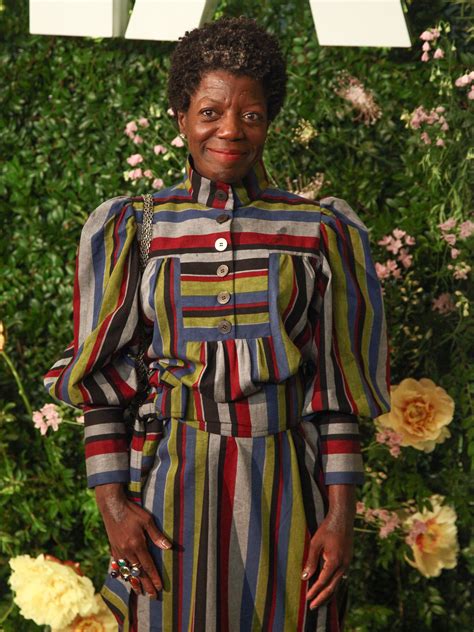A Quote by Jules Feiffer
The weekly cartoons, as were my plays, came from a sense of criticism, criticism of the times, critical of the culture, of our manners and attitudes towards each other. The children's books come from the reverse. They're more supportive, since we're living in a time where we talk more about kids and do less, we talk about balancing the budget and we do it by cutting education.
Related Quotes
I don't have a very high opinion, actually, of the world of criticism - or the practice of criticism. I think I admire art criticism, criticism of painting and sculpture, far more than I do that of say films and books, literary or film criticism. But I don't much like the practice. I think there are an awful lot of bad people in it.
When you raise the budget, you make creative compromises. The higher the budget goes, the more cuts in your movie happen. When people talk about how movies are watered down, that's a direct reflection of money and budget. The less money you spend; the more risks you can take. That doesn't mean it will be successful, but at least you can try different stuff. The higher your budget is, the less you can do that.
I came from the time of so-called New Criticism - the poem in itself, the writing in itself - but around that time I had come across a critic called Kenneth Burke, who wrote a book called A Rhetoric of Motives, and it seemed to talk about another way, and gradually I realized that other way was that the reader made a difference.
But when you talk about the education and you talk about the lack of recreation for kids to do, I mean, it's second to none in New Orleans when you talk about the lack of opportunities for young people. And it's not just black kids, it's white kids. It's Asian kids. I had Vietnamese kids in my class that had lack of opportunities.
What happens at the average church or synagogue or mosque is that I don't know many priests or ministers or rabbis who say to their congregation, 'go home and talk about the religion at the kitchen table with your kids...talk about God, talk about what this is all about.' They say in general, come back on the weekend, we'll talk to you about it.
My father was extremely loving to me and funny and wise and understanding, and at other times extremely demanding, critical, calculating, exacting. When you're a young woman, I think you want to please a lot, so maybe you accept more of the criticism than you would as an older person. But criticism can be very wounding. It certainly was to me.



































